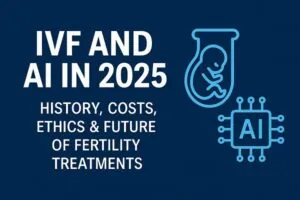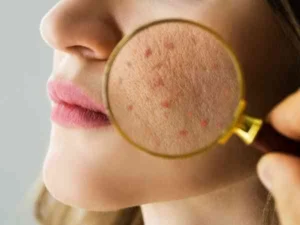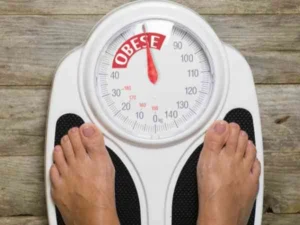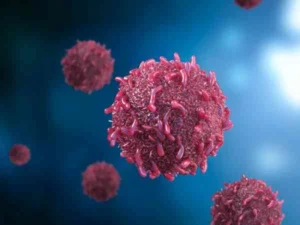Ultimate Guide to Hypertension: A Brief Introduction
According to the World Health Organisation, “Hypertension also termed as elevated blood pressure is a serious medical condition that significantly increases the risk of heart attack, stroke, kidney failure, and blindness.”
Therefore, it is considered one of the foremost reasons for premature deaths globally. (The Ultimate Guide to Hypertension: Causes and Prevention) In simple words, Hypertension commonly called high blood pressure is, unfortunately, becoming a common condition in which the force of the blood against your artery walls gets high enough that it causes health problems, mostly heart disease.
What is Blood Pressure? Blood pressure is regulated both by the amount of blood the heart pumps and the amount of endurance to blood flow in the arteries. It’s a simple logic “The more amount of blood your heart will pump and the narrower your arteries, the higher your blood pressure will.
Now the question arises How do we measure Blood Pressure? A blood pressure reading is taken in millimeters of mercury (mm Hg) and has two numbers: The top number is termed systolic pressure, which measures the pressure in human arteries when the heartbeats and the Bottom number is termed diastolic pressure, which measures the pressure in the arteries between heartbeats.
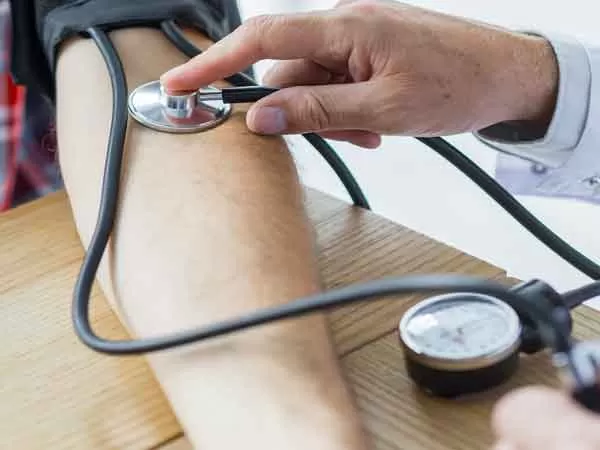
What causes Hypertension or High Blood Pressure?
The risk of developing hypertension increases with the age of both a man and woman. Unhealthy diets are considered the main contributors to the rise in hypertension along with physical inactivity and the regular consumption of products like alcohol, tobacco, etc. Age, race, elevated serum cholesterol, salt intake, glucose intolerance, obesity, and lastly stress all may influence the intensity and diagnosis of the disease.
One of the Scariest facts is that you can also have hypertension for years without having any symptoms. That is why Hypertension is termed a ‘Silent Killer”. It is thus suggested to have regular check-ups of their blood pressure along with adapting to appropriate lifestyle changes.
Prevention of Hypertension: What the cardiologists say!
Cardiologists want you to know that hypertension is not only prevalent in the elderly but it affects the young too, which is why it is essential to prevent hypertension as early as possible. (The Ultimate Guide to Hypertension: Causes and Prevention) They also suggest that people in their 20s and 30s should get their BP checked regularly from a young age and this should be taken seriously too.
We have dived down and mentioned the best ways to prevent hypertension right from a young age:
1) By eating a Balanced Healthy diet: Include a DASH diet pattern that prevents and manages hypertension. DASH stands for a dietary approach to stop hypertension that completely focuses on eating fruits, vegetables, low-fat dairy foods, and moderate amounts of whole grain, fish, poultry, and nuts. People who are vegan may avoid poultry and fish and can replace them with pulses and soybeans for protein. Fruits and vegetables are a good source of potassium that helps reduce hypertension. Measuring the salt intake is considered important while maintaining hypertension, one should consume salt less than 5 gm/day as the excess will lead to high blood pressure.
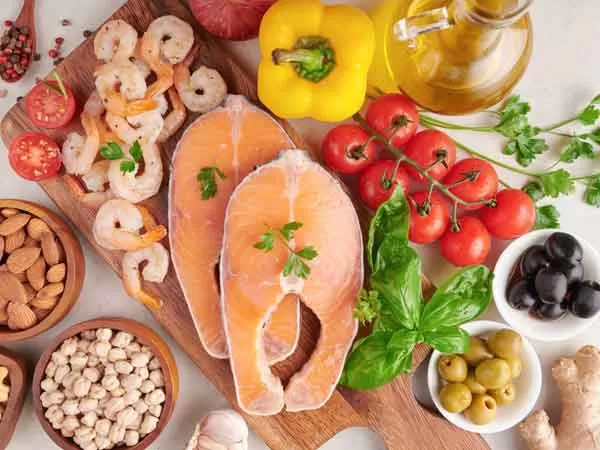
2) Exercising regularly: Major heart associations around the globe recommend 150 minutes per week of moderate-intense exercise or activity. Also, doing regular exercise will decrease systolic Blood Pressure by 5 to 8 mm Hg in people with hypertension.

3) Losing that weight: Make sure that your BMI is up to the mark and accurate as required by your body. An ideal BMI is between 20 to 25, but if it reaches higher than this then you need to lose those kilos.
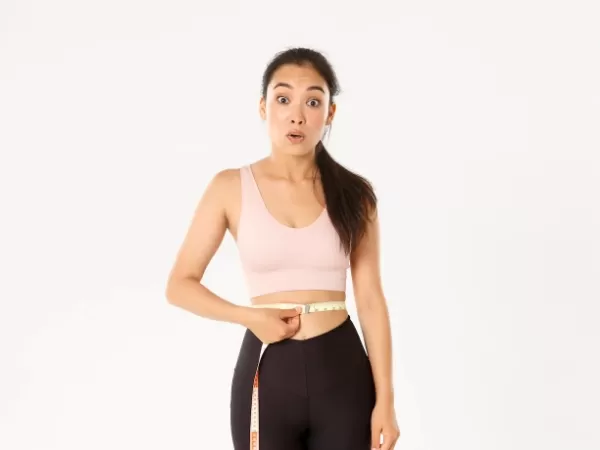
4) Quitting smoking: As mentioned above smoking can increase your blood pressure, so if you are a chain smoker or a smoker to be precise, and have hypertension you have to get rid of that habit in order to be healthy and fit.
5) Limiting on Drinking: Excess to anything is harmful and alcohol increases blood pressure too. Try limiting your drinking to occasions and then try to drink in moderation to eventually quit drinking.

6) Living a Stress-free life: Stress can make or break a lot of deals as it is home to a number of diseases, also it is a part of life. But one has to pay attention that being stressed all the time can damage their health. Various cardiologists say that stress can elevate blood pressure.

Is Hypertension related to diabetes?
Firstly, diabetes and hypertension have many similar significances. Type 1 and 2 diabetes are some conditions where blood sugar reaches too high, which is converted into body fat leading to obesity and eventually hypertension. Excess sugar affects the blood vessels which causes multiple complications such as loss of vision, kidney issues, erectile dysfunction, heart attacks, and strokes. You can also use INSUL by AgVa Insulin Pump to measure insulin from time to time.
Likewise, hypertension can cause many issues by causing stress on blood vessels, which may lead to issues like kidney failure, heart attacks, and strokes. Your risk for heart disease, heart attack, and stroke will be higher if you have both diabetes and hypertension.
In Conclusion
Unrestrained hypertension increases the risk of some serious health problems including heart attack and strokes. Luckily, hypertension can be easily detected and once you get to know that you have hypertension you can prevent the major risks by talking to a doctor and doing what’s best to avoid it.


